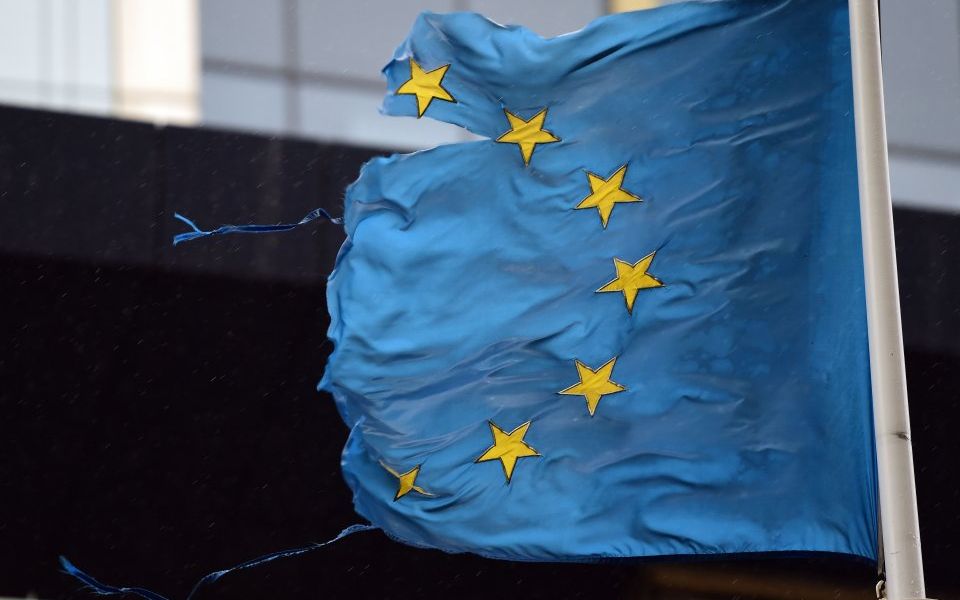From Italy to Poland, the EU’s federalist project is starting to rip apart at the seams

There are many people who believed that once the UK voted to leave the EU, other nations would follow.
Those hopes were dashed in early 2017, however, when in both France and the Netherlands electorates rejected eurosceptic candidates in favour of pro-EU governments. It seemed as though the UK was left out on a limb.
The EU took the perceived weakness of euroscepticism as an advantage, and with Britain no longer at the table as a mediating voice, began to roll out more proposals to deepen and widen integration, including the oft-denied European Army.
However, it appears that unity is far from guaranteed, and the future of the federalist project is under grave threat from within.
In Germany, the anti-immigration party – Alternative for Germany – took 12 per cent of the vote in last September’s elections. In October, Austria’s eurosceptic party – the Austrian People’s Party – formed part of a coalition government.
In April 2018, the nationalist Viktor Orban and his Fidesz–KDNP coalition were returned to power in Hungary. Soon after, the similarly anti-immigration party in Slovenia won their recent election.
In Italy, the new government is formed of the insurgent eurosceptic parties the Five Star Movement and the Northern League. This month, Italy’s leaders went head to head with the aggressively pro-EU Emmanuel Macron over the migrant crisis, and appear to have won.
Meanwhile, Sweden’s anti-immigration party in surging in the polls.
And then there’s Poland. The democratically elected government there has made sweeping changes to the judiciary which the EU does not like. So Brussels has moved towards freezing the country out of the EU via a process known as Article 7.
If fully enacted, this would remove Poland from the decision-making process until it falls into an order that is approved of in Brussels.
In other words, Poland is on the naughty step until it does what the EU says.
Normally, this draconian action would be enough to keep a member state in line (especially now that EU funds will be contingent upon members having pro-EU governments).
But there is a major bump in the road: Poland’s President Andrzej Duda has said that citizens should be consulted on two EU-related questions in a referendum this year: whether Poland’s EU membership should be guaranteed in the constitution, and whether the Polish constitution should rank over international and EU law.
It may not be an in-out referendum, but it is getting close. If the Poles vote against EU control, a full-blown referendum on membership will be nigh.
I thought that once the UK voted for Brexit, the dominoes would have toppled very quickly. I was wrong – it took two years. The EU is bursting at the seams. With no amount of irony, it is the countries that have been perceived throughout history as having benefited the most from membership that are leading the charge: Hungary, Italy, Poland. Pressure is also mounting in Austria, France, Germany, and Sweden.
Here is my Parthian shot: the UK referendum result is having ripple effects across Europe, and the days are numbered for the elites in Brussels. They have proven themselves incapable of reform, and their relentless grasp for control has reinvigorated a desire for self-determination in the people of Europe.